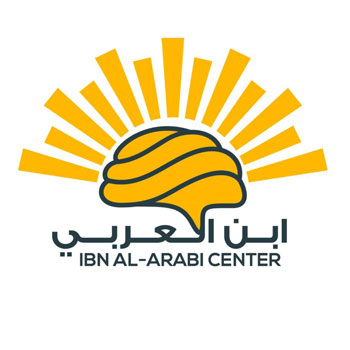The process of poetic creativity in ancient criticism
DOI:
https://doi.org/10.56989/benkj.v3i10.705Keywords:
Creativity process , Creativity, Poetic creativity, psychological dimension, Ancient literary criticismAbstract
This research aims to address the issue of poetic creativity in ancient Arabic literary criticism, attempting to study the various conceptions that illustrate the manner in which poetry is conceived in the poet's mind, and examining the mechanisms of its formulation within an artistic and aesthetic framework capable of influencing the recipient, gaining their admiration, and fostering its potential for interaction with the new generation. In this context, our research begins with Greek culture, which highlights some of its ideas that suggest that poetry is inspired by the muses, and that the poet serves as an intermediary between them and the audience. It then moves on to Arab culture, which emphasizes the role of the poetic genies in inspiring the poet's words. Finally, it delves into critical studies that reveal the psychological dimension in the process of producing and receiving poetry. It also elucidates the role of external and psychological factors in achieving this goal.
From this psychological perspective, we find that poetry in ancient times was surrounded by an aura of sanctity that endowed its creators with cognitive, cultural, and psychological abilities, qualifying them for a prestigious position in their society. Poets were respected as they represented the voice of their tribe and defended its status and dignity among other tribes. We have adopted an approach that involves describing and analyzing this phenomenon to reach a series of conclusions that reveal the underlying reasons for venerating the poet's persona and the poetry they produce. This emphasizes that the process of producing poetry is complex, involving psychological, social, and historical factors. It can only be fully understood when considered comprehensively and holistically. Additionally, modern psychological analysis methods and their scientific findings shed light on the nature of the relationship between the following elements: the poet, poetry, and the recipient.
Metrics
Downloads
Published
How to Cite
Issue
Section
License
Copyright (c) 2023 Ibn Khaldoun Journal for Studies and Researches

This work is licensed under a Creative Commons Attribution-NonCommercial 4.0 International License.






























 ElDjawda Soft
ElDjawda Soft